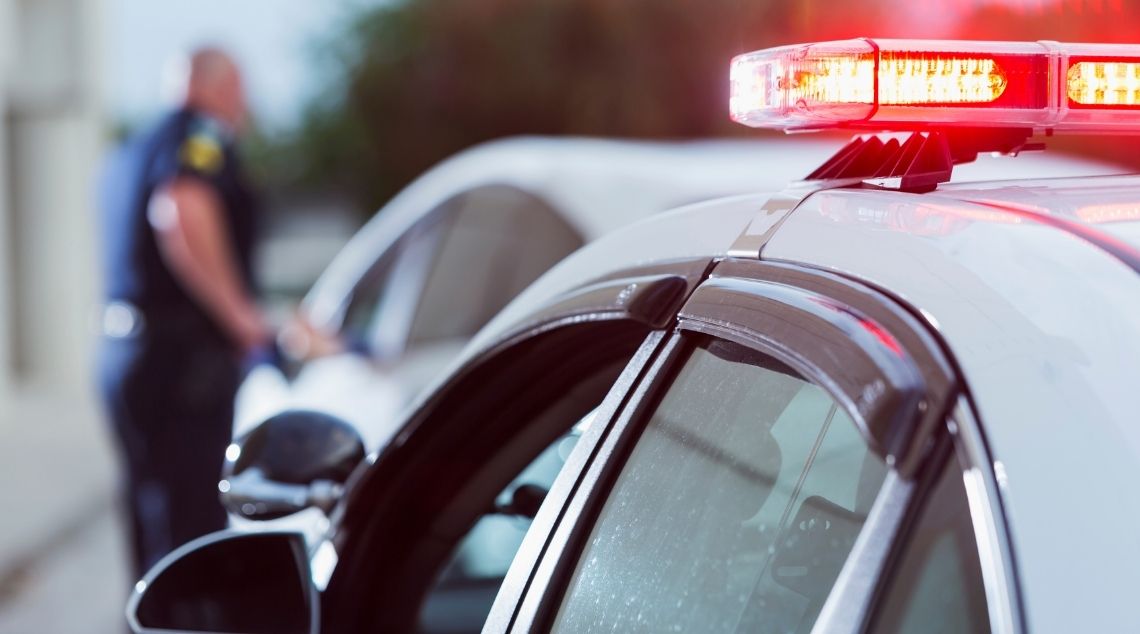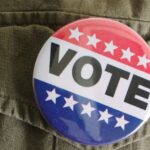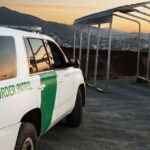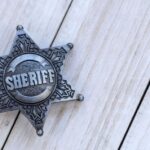In the name of accountability, civilian oversight committees or boards have proliferated in various sectors of law enforcement, including police operations. According to data from the National Association for Civilian Oversight of Law Enforcement (NACOLE), nearly 150 such oversight boards currently exist in the U.S.
With civilian mistrust of police and law enforcement coming to a head in many cities with questionable officer conduct, these boards were created to bridge the gap and help build that trust relationship up again after it had been damaged.
But what exactly makes an oversight committee strong? A team is only as strong as its weakest link, and the effectiveness of these committees will always come from having a team that works well together and is able to see issues through a pragmatic and practical lens.
‘Real World’ Experience
Often, these civilian oversight committees consist of individuals from a variety of backgrounds. National Association for Civil Oversight of Law Enforcement has an elected board of directors, many of which have experience on other committees or boards.
What is important to remember is that each individual has his or her own opinion and perspective. When working as a part of a committee, each individual is more than entitled to their opinion but they must all work together to come to agreement on actions that benefit the majority. In this case, these actions must benefit citizens and their well-being and safety.
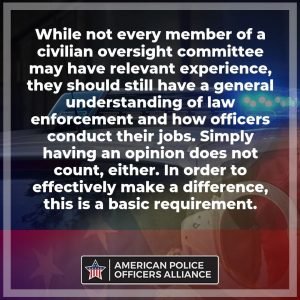
While not every member may have relevant experience, they should still have a general understanding of law enforcement and how officers conduct their jobs. Simply having an opinion does not count, either. In order to effectively make a difference, this is a basic requirement.
Therefore, having members of these oversight boards who have experience in the field, either in law enforcement or any field that has a strong interpersonal requirement is important. A majority of police to civilian members is recommended for the best structure of these oversight boards. This knowledge lends itself well to having the ability to see issues and deal with them logically. It also enables those on the committee to see both sides of an issue and act accordingly.
Cooperation from All Team Members
In times of tension, the interactions between law enforcement jurisdictions and the oversight boards designed to hold them accountable can often be fractious. In order for this concept to work, there must be a way for all involved to work cohesively together. Additionally, there should be a clear definition of roles and responsibilities outlined for the board to follow, and this also prevents misunderstandings in the future.
Oversight boards can often come across as too invasive, not privy to the inner workings of police operations. However, improving transparency is one of the overall objectives of such boards. For example, the pressure to release body cam footage quickly can be in part credited to the initiative taken by these civilian oversight boards. In these cases, these boards have served their purpose to hold police officers accountable.
The boards are also tasked with investigation of misconduct allegations, and in order for these investigations to be completely fairly and in a timely manner there must be support. This also means funding and staffing, which many oversight boards report struggling with. In order for these committees to work, they must be properly supported or risk a backslide of behavior and accountability.
It goes without saying (or it should, at least) that these oversight committees should be held to the utmost standard of transparency and accountability. Without this, the integrity of a committee can be severely compromised and more damage than good will be done.
No one likes to feel as if they’re being monitored. This can create a tense environment for all, and when people’s lives and safety are at stake this pressure and tension is tenfold. However, a strong and ethical oversight board can make a huge difference in building trust, accountability, and transparency between citizens and those bound by duty to protect them.

